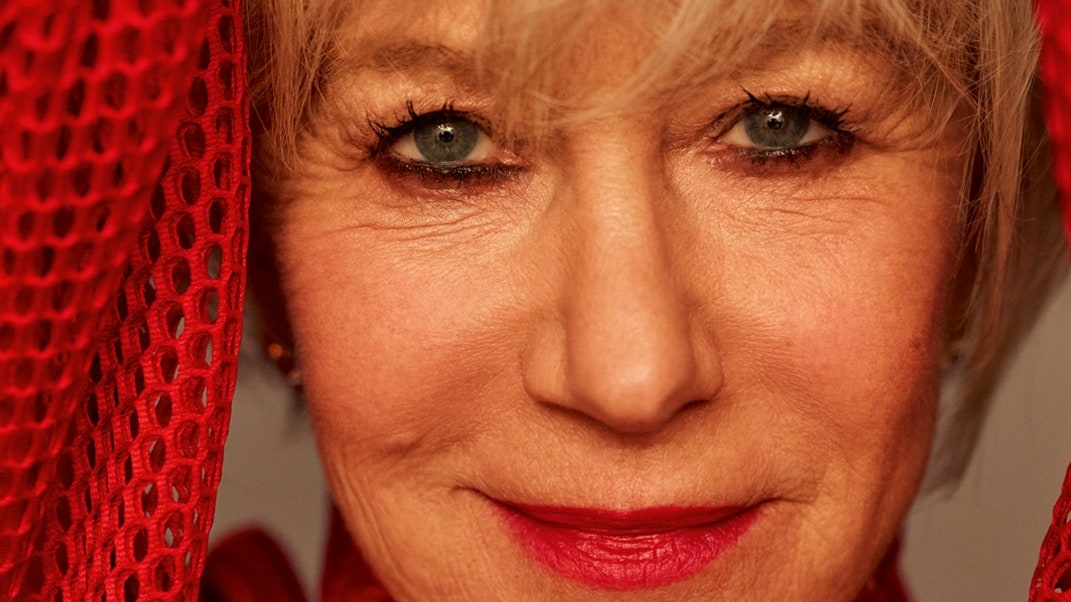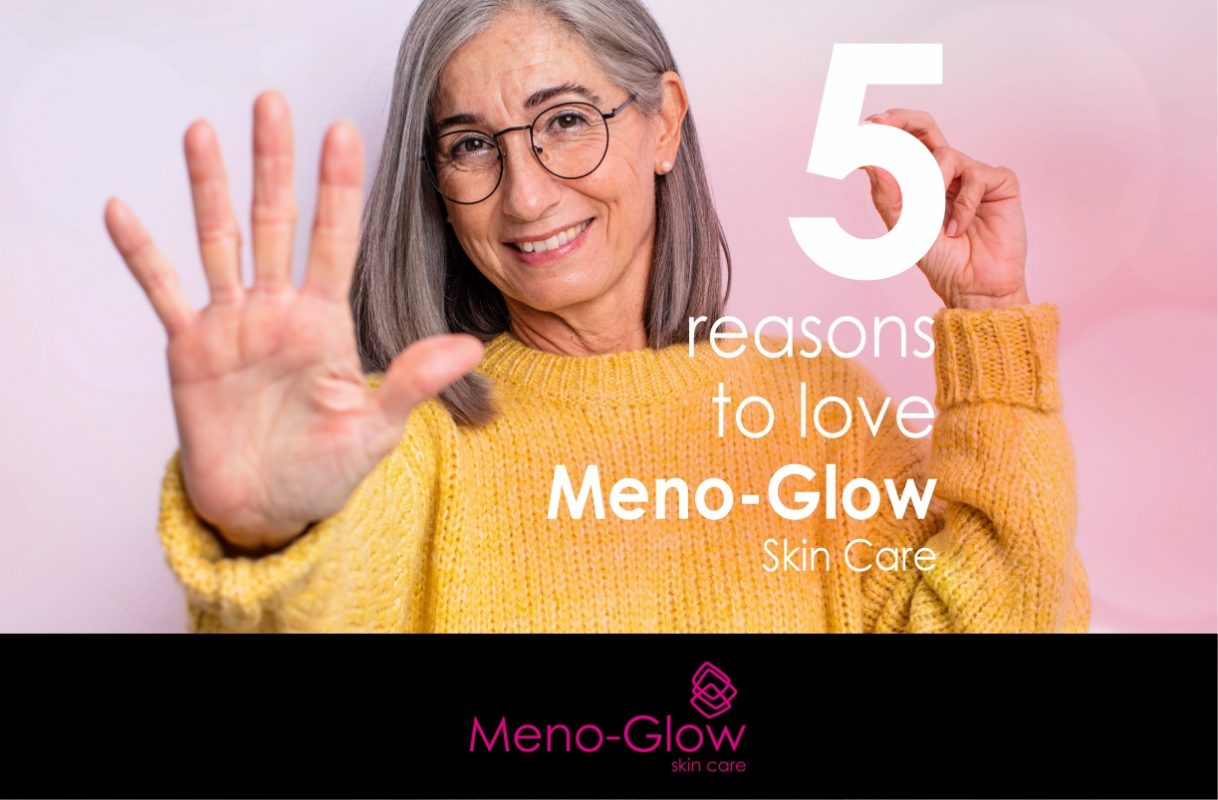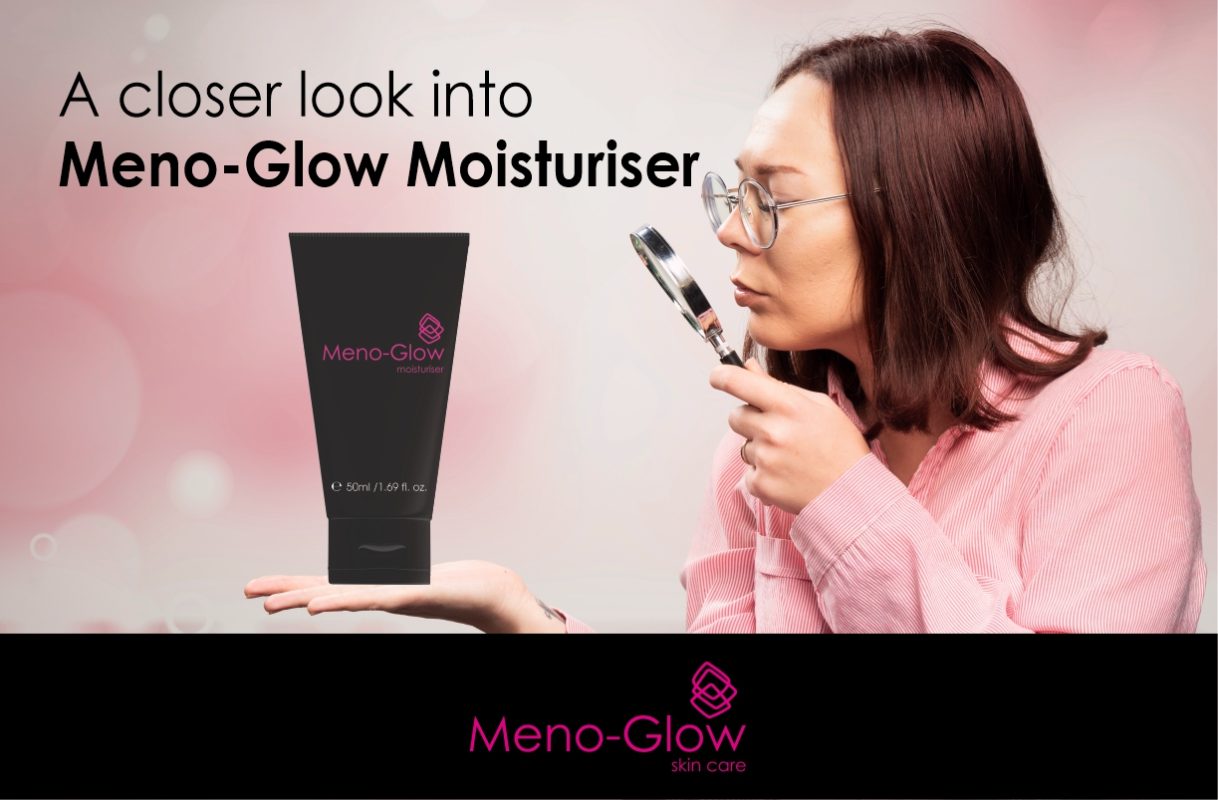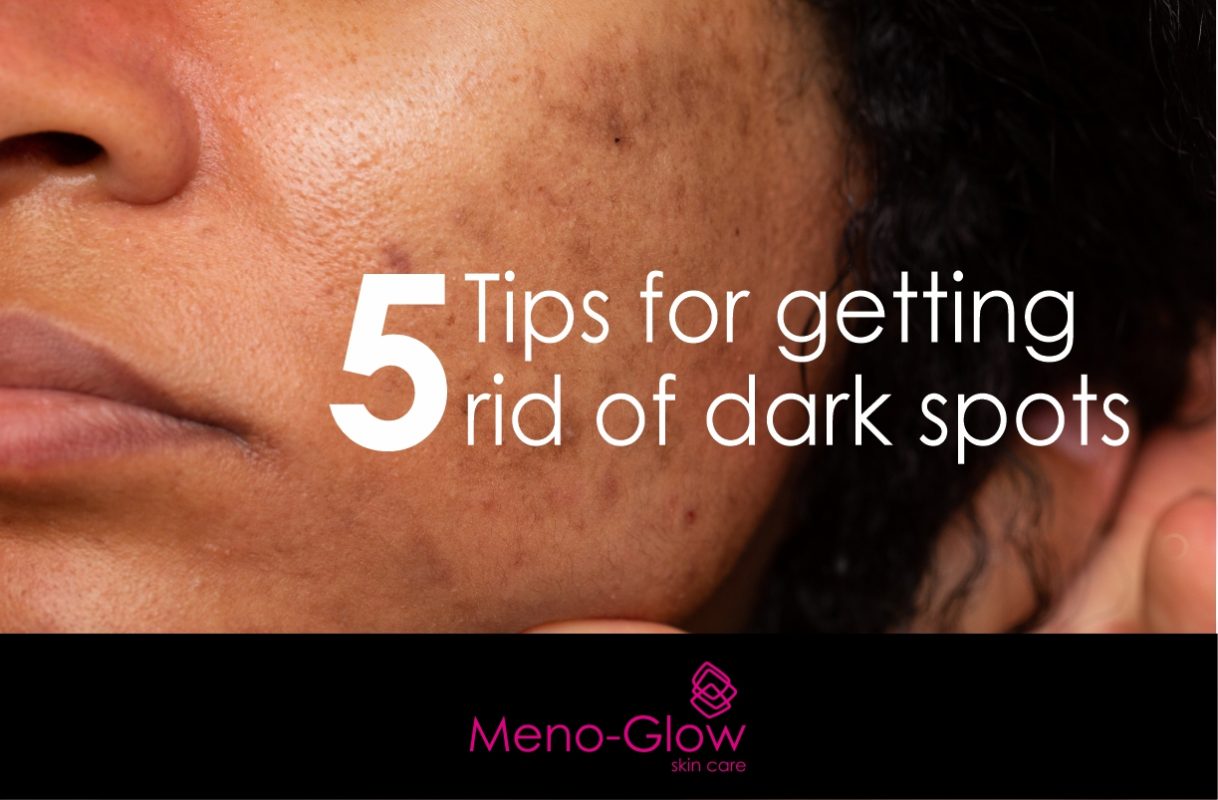Shrouded in obscurity – and often shame – thanks to the lack of discourse surrounding it, the menopause is a stage of life that many women fear. Prompted by changes to the levels of sex hormones (like oestrogen and progesterone) in the body, the menopause is accompanied by a raft of bodily changes – including changes to the skin. “It’s a time of upheaval and huge physical and mental changes,” says Alexia Inge, co-founder of Cult Beauty, which has seen 278 per cent growth in its dedicated Menopause category on the site over the last year. “And society’s dismissal of both these concerns, teamed with the habitual ‘disappearance’ of women over 50 as visible role models, has fed a well of frustration and anger.”
Taking into account the fact that many healthcare professionals are not trained carefully enough in noting the symptoms of – or offering advice on – the menopause, women have been flailing around, suffering as a result of something they have no control over for years. “There is no solution to the menopause because the menopause isn’t a problem; it’s a fact of life accompanied by some uncomfortable physical symptoms and mental hurdles,” says Inge.
The move into peri menopause, oestrogen levels begin to change and, as Mackenzie Paterson points out, we can be prone to suffering from hormonal breakouts, most commonly along the chin and jawline. Other key symptoms include dryness, due to the slowing down of sebaceous glands in the skin; dehydration as the skin loses its ability to hold onto water; a decrease in collagen production (it drops by about 30 per cent in the first five years); increased sensitivity; pigmentation; and an increase in “male pattern” hair growth on areas of the face. “Whilst these skin changes might not affect everyone… generally everyone experiencing the menopause will see collagen levels drop in skin,” says Mackenzie Paterson.
So, what can we do to remedy the effects of menopause on our skin? “The focus should most certainly be on hydration and incorporating lipids into your skincare routine,” says skin expert Jasmina Vico. “Ensure you eat an anti-inflammatory diet, apply lots of hydration and avoid hot showers – or anything that may dehydrate the body or skin further.” She also recommends incorporating a retinoid, into your evening skincare routine, a high SPF everyday to protect against UV rays (and, subsequently, pigmentation), and a mild, soap-free cleanser.
Incorporate the super hydrator, hyaluronic acid, into your skincare regime morning and night To nourish and keep hydration in, apply a moisturiser on top – look for those packed with ceramides to help reinforce your skin’s all-important barrier. Meno-Glow is a great option for this.
SOURCE: https://www.vogue.co.uk/beauty/article/menopausal-skincare
BY HANNAH COATES



